As a kitchen professional, you likely understand the importance of a well-maintained kitchen tool. Dutch ovens are among the most versatile and indispensable tools in any chefs arsenal. But do you know how to season a dutch oven correctly? Proper seasoning ensures your Dutch oven lasts for years, enhances its performance, and prevents food from sticking. This article breaks down the life-changing steps for seasoning, maintenance, and care.
Before delving into the essentials of how to season a dutch oven, it is important to comprehend why seasoning matters. A properly seasoned Dutch oven adds exceptional flavor to your meals, prevents rusting, and creates a natural, non-stick surface. Seasoning helps manage oils and fats in the cast iron, ensuring your equipment is both durable and functional.
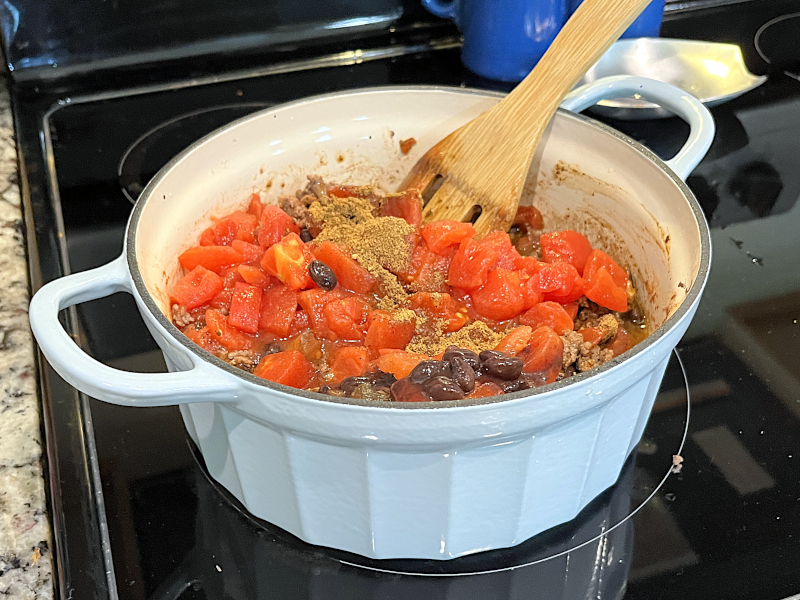
What is Seasoning, and Why is it Important?
When we say seasoning, were not referring to spices or marinades. For a Dutch oven, seasoning is the process of baking oil into the irons porous surface, forming a polymerized layer. This creates a non-stick, protective coating that enhances cooking efficiency and longevity.
Advantages of Seasoning a Dutch Oven
- Prevents Rust: Cast iron loves moisture, but moisture equals rust. Seasoning stops that.
- Forms a Natural Non-Stick Layer: Say goodbye to endless hours of scrubbing stuck-on food.
- Enhances Flavor: Food cooked in a well-seasoned Dutch oven simply tastes better.
Step-by-Step Guide: Tremendous Tips on How to Season a Dutch Oven
1. Clean Your Dutch Oven
Begin by thoroughly cleaning your Dutch oven. Scrub it gently using warm water and soap. Yes, you can use soap at this stage since youre about to season it anew. Ensure all rust or debris is fully removed. For more details on cleaning cast iron, visit How to Clean Cast Iron.
2. Dry It Completely
The drying process is critical. Water left on the surface of the Dutch oven can interfere with seasoning and may cause rust. Use paper towels or a soft cloth to wipe down every inch of the pan, then set it in an oven at low heat (around 200F) for 10 minutes to eliminate residual moisture.
3. Apply Oil Generously
Your choice of oil matters. Use neutral oils like vegetable oil, flaxseed oil, or grapeseed oil. Avoid heavy oils like olive oil, as they may smoke at lower temperatures. Apply a thin layer of oil both inside and outside of the Dutch oven. Even coat application ensures the seasoning sets evenly.
4. Baking to Seal the Seasoning
Preheat your oven to 450F and place the Dutch oven upside-down on the middle rack. Cover the lower rack with aluminum foil to catch potential drips. Bake the Dutch oven for around an hour, then allow it to cool within the oven slowly. For complex issues, check How to Restore Cast Iron.
5. Repeat the Process
For the best results, repeat the oiling and baking process several times. Multiple coats ensure a robust seasoning layer that lasts longer.
Seasoning Tips Approved by Professionals
Maintaining Your Seasoning
- Avoid Cooking Acidic Foods: Acidic ingredients like tomatoes or vinegar can strip the seasoning.
- Always Clean Gently: Use warm water and a soft sponge. Skip the harsh detergents!
Other Maintenance Hacks
If you accidentally damage the seasoning, dont panic! Simple re-seasoning can remedy the situation. Look into Seasoning Enameled Cast Iron for more information.
Common Mistakes to Avoid When Seasoning
Sadly, not all seasoning attempts go smoothly the first time. Here are some mistakes you must avoid:
- Excessive Oil Coating: Less is more. Too much oil leads to a sticky surface.
- Skipping Clean-Up: Failing to clean your Dutch oven before seasoning can embed food particles into the surface.
FAQs
1. Can I season an enameled Dutch oven?
Unlike traditional cast iron, enameled Dutch ovens do not require seasoning. However, careful cleaning is still crucial. Check What is Enameled Cast Iron for further insights.
2. How often should I season my Dutch oven?
This depends on frequency of use. Moderate use suggests once every six months. Daily heavy use may require monthly seasoning.
3. Are there tips for seasoning over a campfire?
Seasoning over a campfire is possible but requires patience and controlled heat. Traditional methods using a constant oven temperature are recommended for better results. Explore more techniques at Dutch Oven Basics.
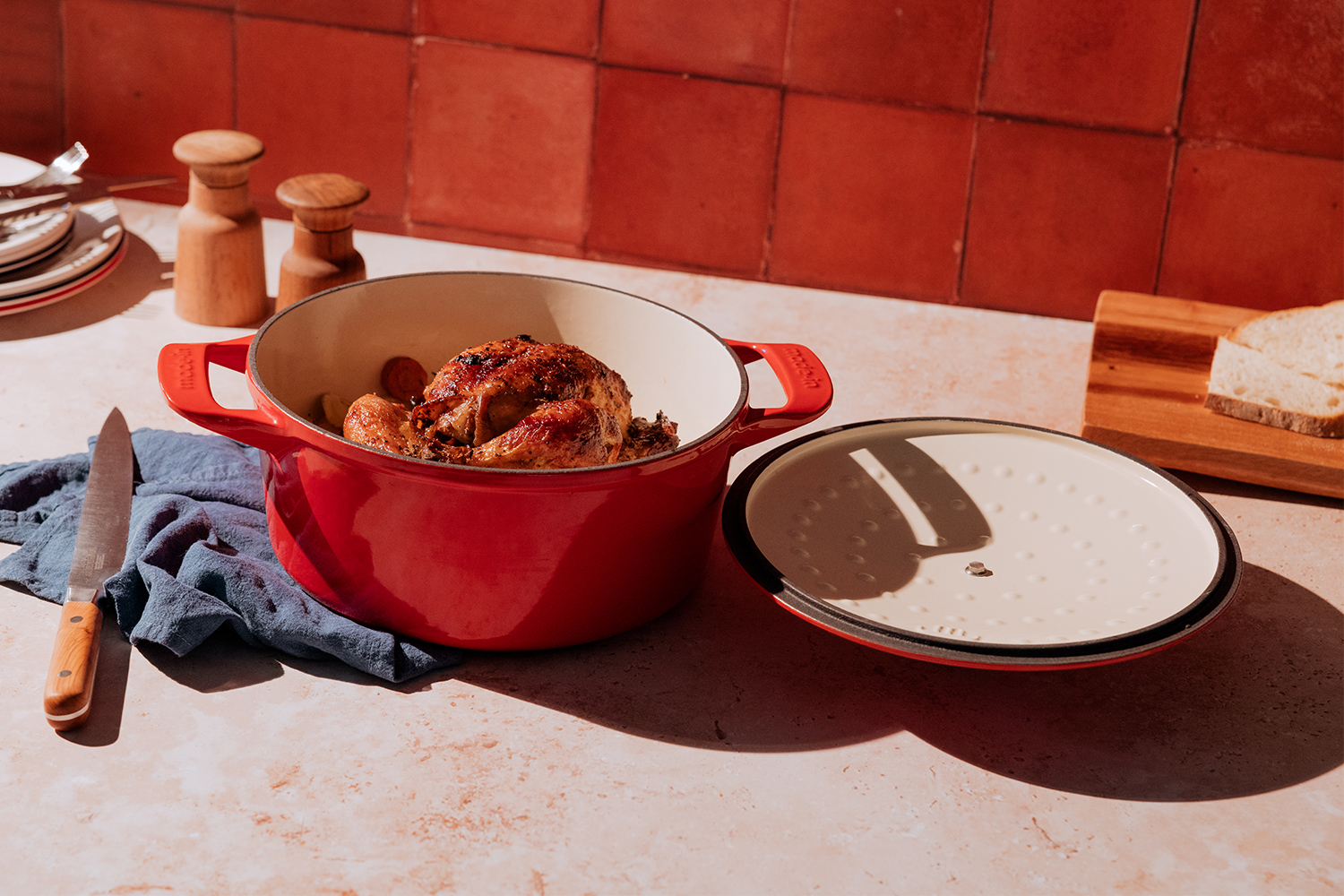
Conclusion
By now, you should feel confident in how to season a Dutch oven. Seasoning is a vital step in maximizing the use and longevity of your Dutch oven. With these remarkable, life-changing tips, even the busiest kitchen professionals can maintain their tools, keeping them in tremendous condition. For additional resources and advice on Dutch oven care, check out Dutch Oven Cooking Tips.
This article contains affiliate links. We may earn a commission at no extra cost to you.

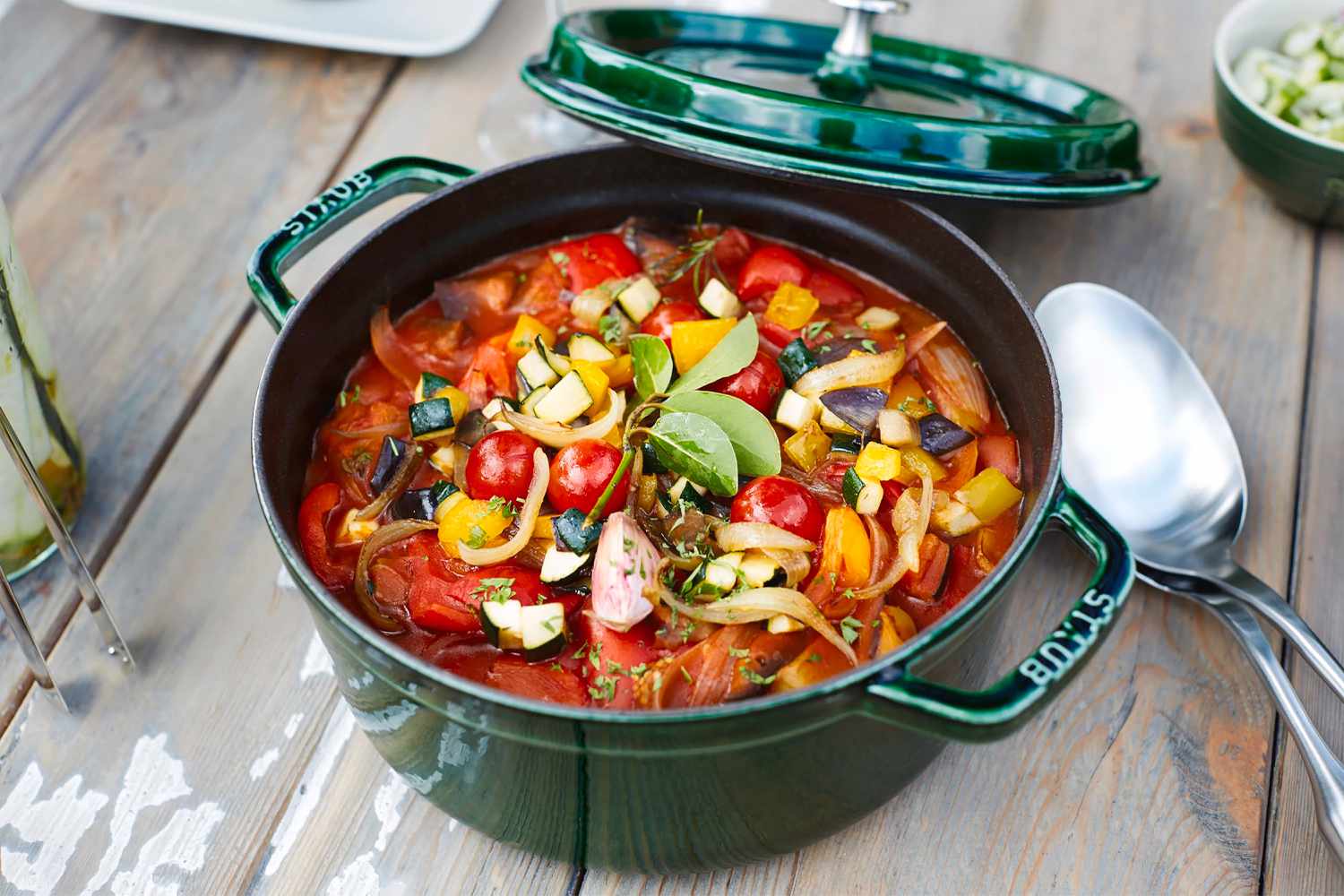


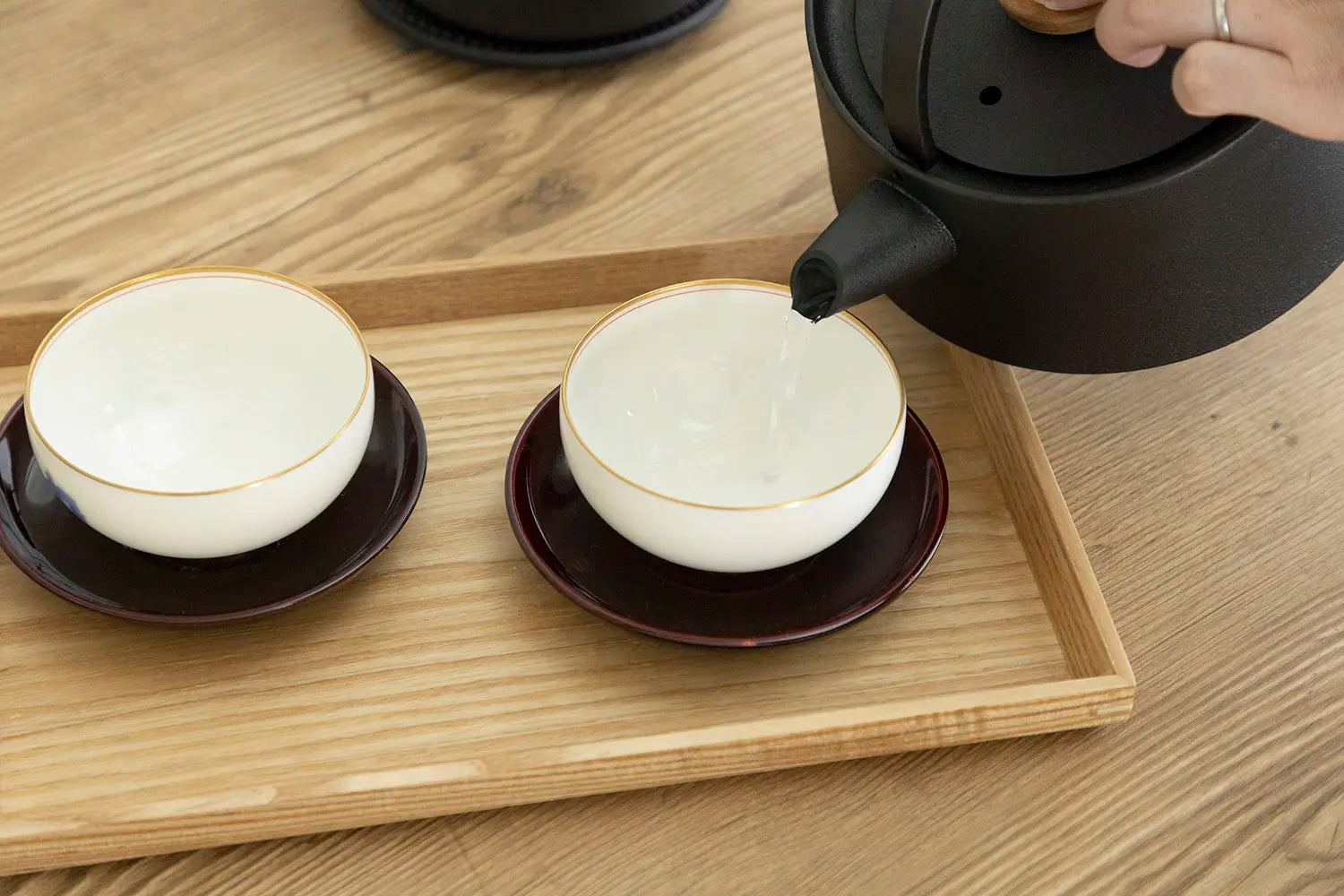
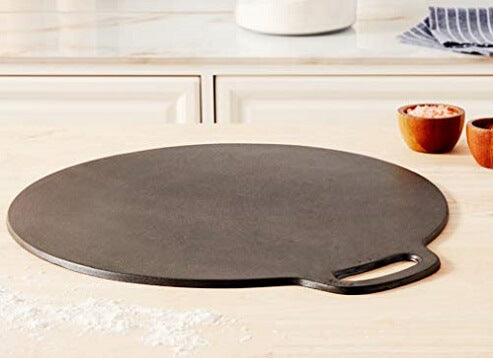
Leave a comment
This site is protected by hCaptcha and the hCaptcha Privacy Policy and Terms of Service apply.